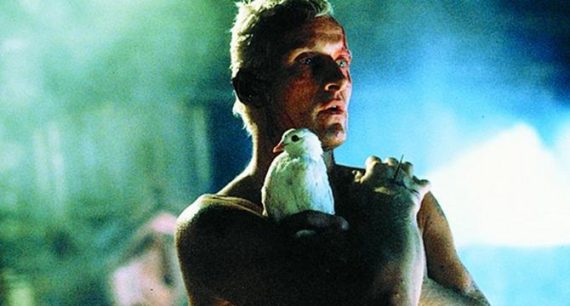Every memorable film begins with a story, but it is often the underlying theme that gives the experience lasting power. A theme acts as the emotional and conceptual glue between the audience and the narrative. Whether it is love overcoming adversity, the corruption of power, or the resilience of the human spirit, the theme shapes the way viewers engage with what’s on screen. Without it, even the most visually impressive production can feel hollow, leaving the audience unmoved.
Why the Right Theme Matters in Storytelling
Themes are not limited to cinema. They are a key part of any form of storytelling, from theatre and literature to video games and tabletop gaming. Think about how the post-apocalyptic tone of The Last of Us would feel entirely different if stripped of its emotional undercurrent, or how the light-hearted humour in Portal enhances its otherwise clinical puzzle setting. The strength of a theme lies in its ability to make a world feel complete, consistent, and believable.
The importance of themes extends even to areas like casino games. Players today are not limited to fruit symbols and spinning bars in slots. One moment, they could be exploring the mysteries of ancient Egypt, and the next, they might be navigating a neon-lit space station. The best slot sites UK players can join provide a wide selection that allows players to experience these environments fully. Music, sound effects, and visual design all align with the theme, creating an immersive experience that mirrors the careful tone-setting seen in films and games.
This alignment is what makes thematic consistency so powerful. In cinema, every choice, from lighting and costumes to dialogue and soundtrack, reinforces the main idea. The right theme ensures that audiences remain emotionally invested and that each scene carries the intended impact. Without this cohesion, the story risks feeling disjointed or superficial, no matter how strong the plot may be.
Thematic Consistency in Games and Film
When the theme matches every element of the work, the audience, whether viewers or players, feels drawn deeper into the world. In games, this means the environment, music, and mechanics all reinforce the same tone. A horror game with cheerful background music would immediately break immersion, just as a period drama set in the 1940s would lose credibility if characters spoke in modern slang.
Films rely on the same principle. A production like Blade Runner achieves a sense of realism because every element supports its noir-inspired vision of the future. From rainy cityscapes and neon lights to melancholic soundtracks, each component reinforces the narrative’s emotional weight and aesthetic.
Audience Expectations and Theme Accuracy
Audiences quickly notice inconsistencies. A romantic drama that shifts suddenly into slapstick comedy risks undermining its rhythm. Similarly, in games or themed slots, mismatched elements disrupt engagement. A medieval fantasy setting featuring electronic dance music, for instance, can feel jarring unless intended as satire or irony.
Research and attention to tone remain essential. Filmmakers often spend months aligning every creative decision with the central theme, while game developers ensure that levels, visuals, and sounds all support the intended world. When everything harmonises, the audience can focus on the experience without distraction.
Variety Within Themes
Consistency does not mean monotony. Films may shift perspectives, introduce subplots, or reveal unexpected truths while staying true to the central idea. In games, designers create different levels or challenges that retain the narrative tone. A pirate-themed adventure, for example, might move from sunlit beaches to stormy seas, yet both remain part of the same cohesive story world.
Slot games, for instance, achieve variety within themes as well. An ancient civilisation-themed game might take players from hidden temple chambers to sun-drenched courtyards, with visuals and music carefully maintaining the atmosphere. This attention to detail shows why theme is such a defining factor in whether a story, game, or experience resonates.
Why Theme Selection Shapes Lasting Impressions
Choosing the right theme is more than a stylistic choice. It defines how audiences remember and engage with a work. The right theme gives a sense of completion and immersion, making the experience feel fully realised. Films like Casablanca, The Road, or Knives Out are remembered not only for their plots but for the atmospheres they created. When executed well, the theme lingers long after the story ends, leaving viewers with a lasting impression.



Leave a Reply